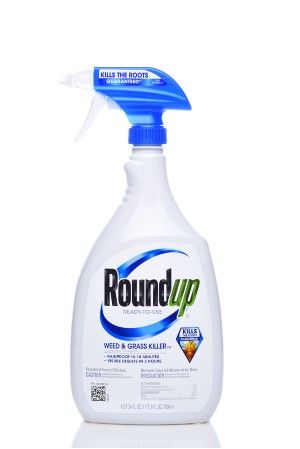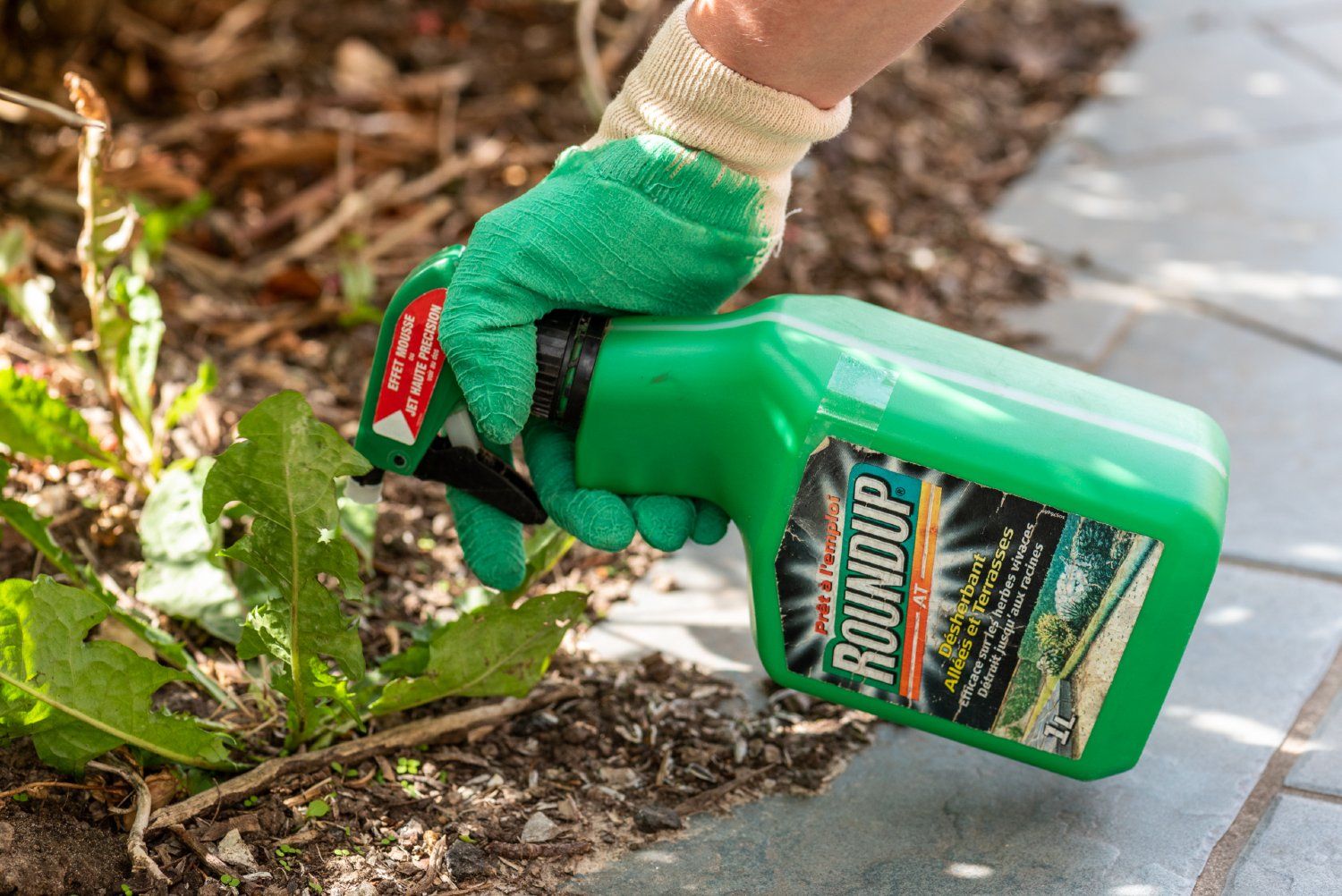Top Class Actions’s website and social media posts use affiliate links. If you make a purchase using such links, we may receive a commission, but it will not result in any additional charges to you. Please review our Affiliate Link Disclosure for more information.
Do-it-yourself giant B&Q will stop selling Roundup Weed Killer after the product was linked to cancer in the United States.
B&Q has removed Roundup Weed Killer and other glyphosate-based products from its website, according to the Daily Mail, and will not restock in stores once the existing stock is sold out at its 296 locations.
About a third of cereal crops in the U.K. are sprayed with glyphosate, which is used both as a weed killer and drying agent to make plants easier to harvest.
The Soil Association also says glyphosate has been linked to cancer, as well as liver and kidney damage.
The use of glyphosate in U.K. farming has increased by 400% in the last 20 years, the Soil Association found. From 2014 to 2016, the area being treated with glyphosate increased by 24%. The amount of the product applied increased by 26%.
Studies have indicated that the chemical can follow the grain into consumers’ food, according to the Soil Association. Tests by the Defra Committee on Pesticide Residues in Food found traces of glyphosate in bread samples, all within the maximum residue limits.
Glyphosate has also been found in food, water, wine and beer, Pesticide Action Network U.K. says.
According to the Pesticide Action Network, testing has revealed the presence of glyphosate in people’s urine in Europe and in urine and breast milk in the U.S.
The network calls for several changes: for retailers to immediately stop selling glyphosate to the public, for towns and cities to adopt a glyphosate ban in public spaces, for an end to the chemical’s use for pre-harvest desiccation and for the “rapid phase-out” of glyphosate in agriculture.

The agreements cover about 50,000 to 85,000 lawsuits and are part of a plan to end the legal battle that the company inherited when it bought Monsanto in 2018.
Monsanto, headquartered in Missouri in the U.S., was an agrochemical and agricultural biotechnology company that had once manufactured controversial products such as Agent Orange, a herbicide chemical used by the U.S. military as a part of its chemical warfare program in the Vietnam War. It was also among the first companies to conduct field trials of genetically modified crops.
Payouts for the settled Bayer cases are expected to range from a few thousand dollars each to a few million, the Times said.
Under specific terms of the settlement agreements, Bayer will continue to sell Roundup Weed Killer in the U.S. for use in backyards and on farms without any safety warning, the Times reported. In addition, attorneys representing the plaintiffs who filed the complaints against Bayer will agree to stop taking new cases or advertising for new clients.
Suspicions about a link between Roundup Weed Killer and cancer have been around for several years.
In 2015, the World Health Organization’s International Agency for Research on Cancer conducted an evaluation and found that, when considering findings from a U.S. Environmental Protection Agency report and several more positive test results, “there is sufficient evidence of carcinogenicity in experimental animals”.
The agency also found glyphosate caused DNA and chromosomal damage in human cells. In one study, increased blood markers of chromosomal damage were found in community residents after glyphosate formulations were sprayed nearby.
However, the EPA’s website currently lists no risks to human health from glyphosate.
The site says when glyphosate is used according to the directions on the product label, there is no risk to children or adults, and children are not more sensitive to the chemical than adults.
The agency also concluded glyphosate is not a likely carcinogen. The EPA “considered a significantly more extensive and relevant dataset than the International Agency on the Research for Cancer (IARC)”, according to the agency’s website.
In addition, there is no indication glyphosate is an endocrine disruptor, and the screening process used did not indicate a need for additional testing, according to the EPA.
In March 2020, The Guardian revealed that Monsanto—prior to Bayer’s purchase of the company in 2018—had secretly funded academic studies that indicated “very severe impacts” to farming and the environment in the event of a glyphosate ban.
German transparency campaign group LobbyControl uncovered the secret funding of the ADAS studies, the Guardian reported.
The resulting research, conducted in 2010 and 2014 by ADAS, a U.K. agricultural and environmental consultancy, was used by the National Farmers’ Union to lobby against a European ban on glyphosate when the chemical’s license renewal was under consideration. Those studies suggested a 20% fall in wheat and rapeseed production, the Guardian reported.
The Glyphosate Task Force (now the Glyphosate Renewal Group) and Crop Protection Association also used the research. The farmers’ union has since amended its glyphosate information to disclose the source of the research.
The union was able to successfully lobby against the glyphosate ban in Europe in 2017, and, despite 1.2 million citizens petitioning for the ban, the chemical’s license was renewed for five more years.
ATTORNEY ADVERTISING
Top Class Actions is a Proud Member of the American Bar Association
LEGAL INFORMATION IS NOT LEGAL ADVICE
Top Class Actions Legal Statement
©2008 – 2024 Top Class Actions® LLC
Various Trademarks held by their respective owners
This website is not intended for viewing or usage by European Union citizens.















